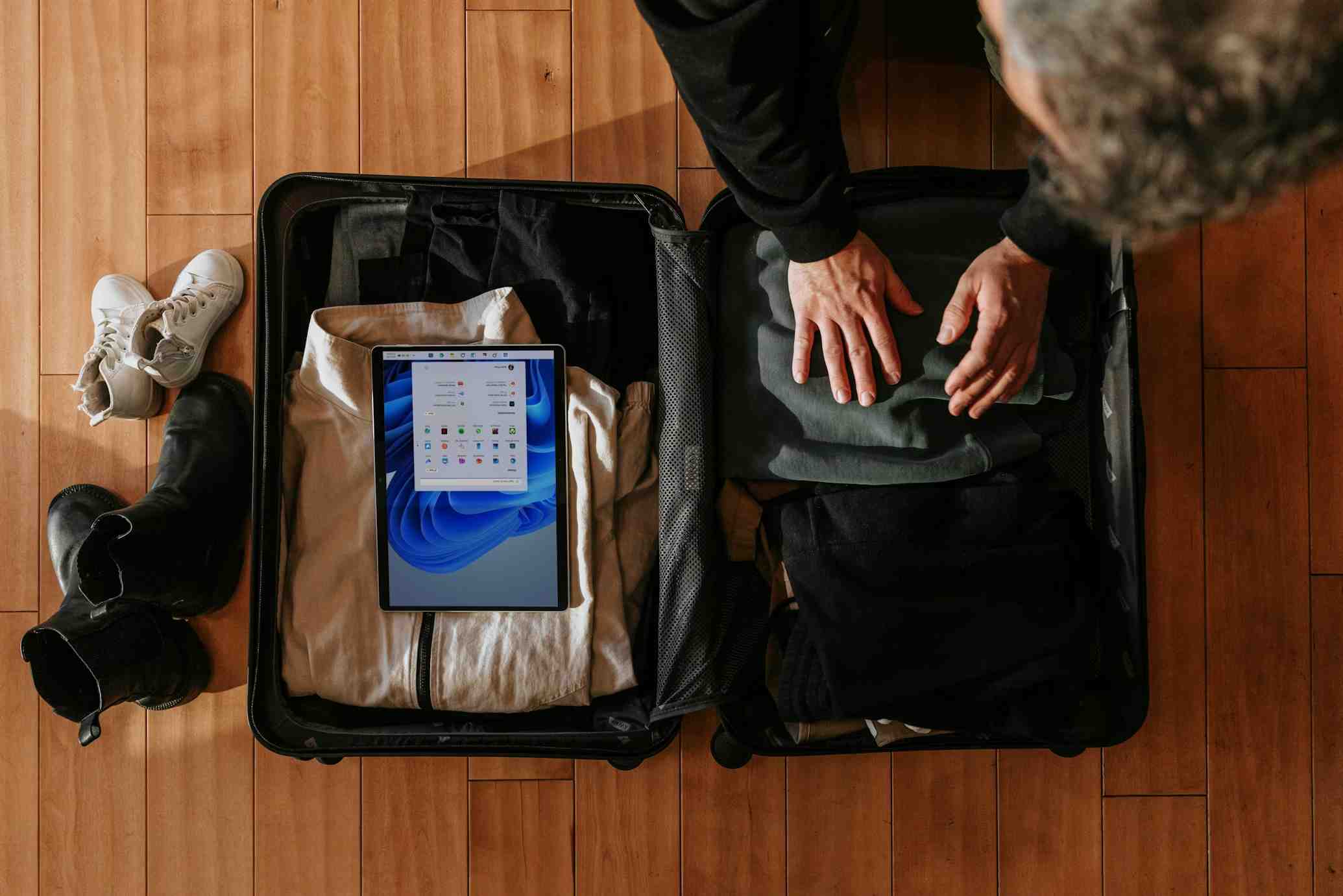Understanding the Role of a Modern Travel Manager
Travel Management

The role of a travel manager has transformed from a primarily administrative function to a strategic leadership position. Today's travel manager is a data analyst, a technology expert, a risk manager, and a champion of the traveler experience. Understanding the key responsibilities of this modern role is crucial for any company looking to optimize its travel program.
Core Responsibilities of a Modern Travel Manager:
-
Strategic Program Management: The travel manager is responsible for setting the overall strategy for the company's travel program. This involves defining goals, establishing KPIs, and aligning the travel program with the company's broader business objectives.
-
Data Analysis and Reporting: A key function is to analyze travel spend data to identify trends, measure performance against budget, and uncover cost-saving opportunities. They must be able to present these insights to leadership in a clear and compelling way.
-
Policy and Compliance: They are responsible for creating, maintaining, and enforcing the corporate travel policy. A modern travel manager does this by automating the policy rules within a travel management software.
-
Supplier Management: This involves negotiating contracts with airlines, hotels, and other travel suppliers to secure corporate discounts and value-added perks. This requires strong negotiation skills and is driven by the consolidated data from the travel platform.
-
Technology Management: The travel manager oversees the company's travel technology stack, including the online booking tool and expense management system. They are responsible for ensuring the tools are user-friendly and effective.
-
Traveler Experience and Communication: A modern travel manager is focused on the traveler experience. They gather feedback from travelers, provide support, and communicate program changes effectively.
-
Risk Management: In partnership with HR and security, the travel manager plays a key role in the company's Duty of Care program, including traveler tracking and emergency response planning.
By embracing these strategic responsibilities, the modern travel manager can elevate the travel program from a cost center to a true strategic asset for the business.